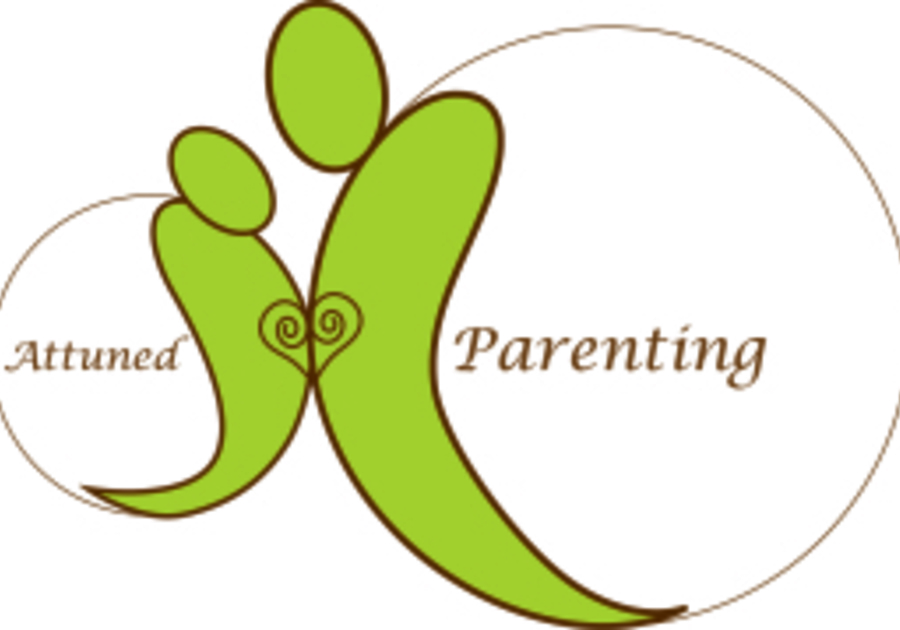Myth #1: Sleep Training will negatively affect my Attachment with My Baby
Fact: There is no reliable data that backs up this statement. However, you will hear people quoting a recent article stating that sleep training increases cortisol levels. If you look at the methodology, this was not a reliable study. Babies were left with strangers/nurses to handle the sleep training, and babies were forced to night wean. Within a mindful plan for parenting children around sleep, these scenarios do not occur. Parents are present, and we only drop night feeding when baby and mother/parent is ready. What we are learning in more reliable research on parenting around sleep is that attachment can improve after sleep parenting strategies are put in place. Why? Because, well-rested parents and children are better able to regulate their bodies and their emotions, creating more opportunities for positive interactions that facilitate attachment.
Myth #2: If I Sleep Train, I will have to Night Wean my Baby
Fact: Sleep training does not require a baby to be night weaned. Nor does it require a toddler to be completely weaned. Mothers can parent their children around sleep, helping them feel safe and confident during the night and still breastfeed. We want to take care of the breastfeeding relationship and make certain we are looking at milk supply, baby’s growth curve, and mother’s breast health when coming up with a strategy for sleep training.
Myth # 3: Sleep Training is Cruel and will Negatively Impact my Baby
Fact: There are several longitudinal studies that debunk this myth. What we are finding is that there are no short-term or long-term negative effects from mindfully parenting children around sleep. We want to keep the family’s needs and goals in mind as well as make sure we are creating a plan that fits baby’s development and temperament.
Myth # 4: Sleep Training means letting my Child Cry-It-Out
Fact: Extinction method, also known as CIO is not a method of sleep training we use within The Millette Method. While there will be some level of crying and frustration while your child is learning a new skill, we want to make certain there is the predictable presence of a parent. We offer a tool-box approach for families, so that parents can choose a method that fits within their parenting philosophy and comfort.
Myth # 5: Sleep Training benefits Parents Only
Fact: Many of my clients, especially mothers feel guilty about wanting to parent their child around sleep. They feel selfish, because there is a not a lot of conversation about how sleep training benefits babies , toddlers, and children. So, here is what we know. While sleep training does not result in chronically raised cortisol levels (stress hormone), sleep deprivation does. Research shows us that children who are sleep deprived are at higher risks of being labeled with behavioral issues and learning challenges. We are also finding that children who are sleep deprived are at higher risk for medical issues, such as obesity, heart disease, increased anxiety, depression, ADHD, and diabetes. Also, learning to feel safe and confident around sleep is important for a child’s sense of self-mastery.
Myth # 6: Babies Learn to Sleep through the Night on their Own
Fact: Unfortunately, this is not true for many babies and toddlers. Habits run deep, and without help from parents and a solid sleep strategy, some children never learn to sleep through the night and become chronically sleep deprived.
Myth # 7: Babies don’t know how to Self-Soothe
Fact: Babies show self-soothing abilities starting around 4 months. Listed below are The Five Self-Soothing Signs™ from The Millette Method™
- baby brings hands to mid-line
- baby sucks on hands
- baby can roll to side or stomach
- baby makes a whining sound when getting comfortable
- baby crawls into comfy spot (often parents arm-pit) when tired
The above myths can keep parents fearful about parenting their children around sleep. One of the main reasons I studied to become a pediatric sleep consultant is to empower parents with up-to-date information from peer-reviewed academic journals. We all have concerns, questions, and self-doubt when it comes to parenting. My goal is to eliminate some of these fears, especially when it comes to the delicate matter of sleep. I invite you to visit my website, candybeers-kim.com or email me at candy.beers@gmail.com to learn more about me and how I work with clients.


